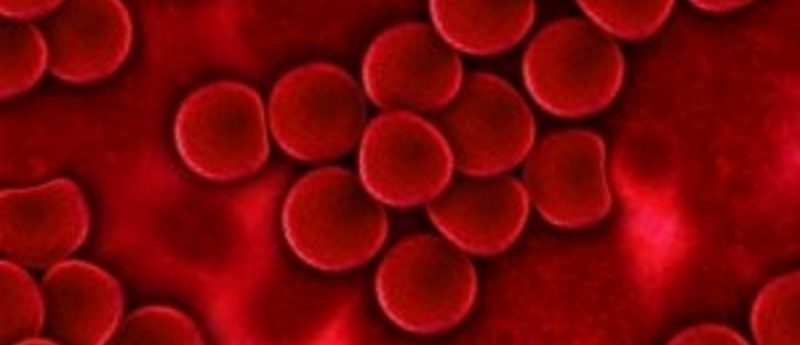Novel drug target discovered for acute myeloid leukaemia

A collaborative group of researchers have discovered a novel drug target for acute myeloid leukaemia (AML), termed METTL3 gene; it is hoped the findings will help in the development of effective treatments for AML.
In this study, the findings of which were recently published in Nature, researchers utilized CRISPR-Cas9 gene-editing technology to screen cancer cells for vulnerable points. They then went onto create mouse leukaemia cells with mutations in the genes that may be targeted in human AML cells and systematically tested each gene, finding which were essential for AML survival.
From this the team were able to identify 46 likely candidate genes; amongst these METTL3 was one of the genes with the strongest effect. They observed that whilst METTL3 is essential for the survival of AML cells, it is not required for healthy blood cells, making it a prime potential drug target.
“AML is a feared disease that affects people all around the world, our treatments have changed little for decades and outcomes remain poor for the majority of patients,” George Vassiliou from the Sanger Institute and Cambridge University Hospitals NHS Trust, commented.
“We believed that we had to think differently and look in new places for ways to treat the disease and in METTL3 we have found an exciting new target for drugs. We hope that this discovery will lead to more effective treatments that will improve the survival and the quality of life of patients with AML,” Vassiliou concluded.
Having found a potential target in METTL3, the researchers investigated how it worked. They discovered that the protein produced by METTL3 bound to the beginning of 126 different genes, including several required for AML cell survival. Then, as RNAs were produced, the METTL3 protein added methyl groups to their middle section, something which had not been previously observed.
The researchers observed that these middle methyl groups increased the ability of the RNAs to be translated into proteins. They then demonstrated that when METTL3 was inhibited, no methyl groups were added to the RNA. This prevented the production of their essential proteins so the AML cells started dying.
Sources: Sanger Institute press release; Barbieri I, Tzelepis K and Pandolfini L et al. Promoter-bound METTL3 maintains myeloid leukaemiaby m6A-dependent translation control. Nature. doi: 10.1038/nature24678 (2017) (Epub ahead of print).





